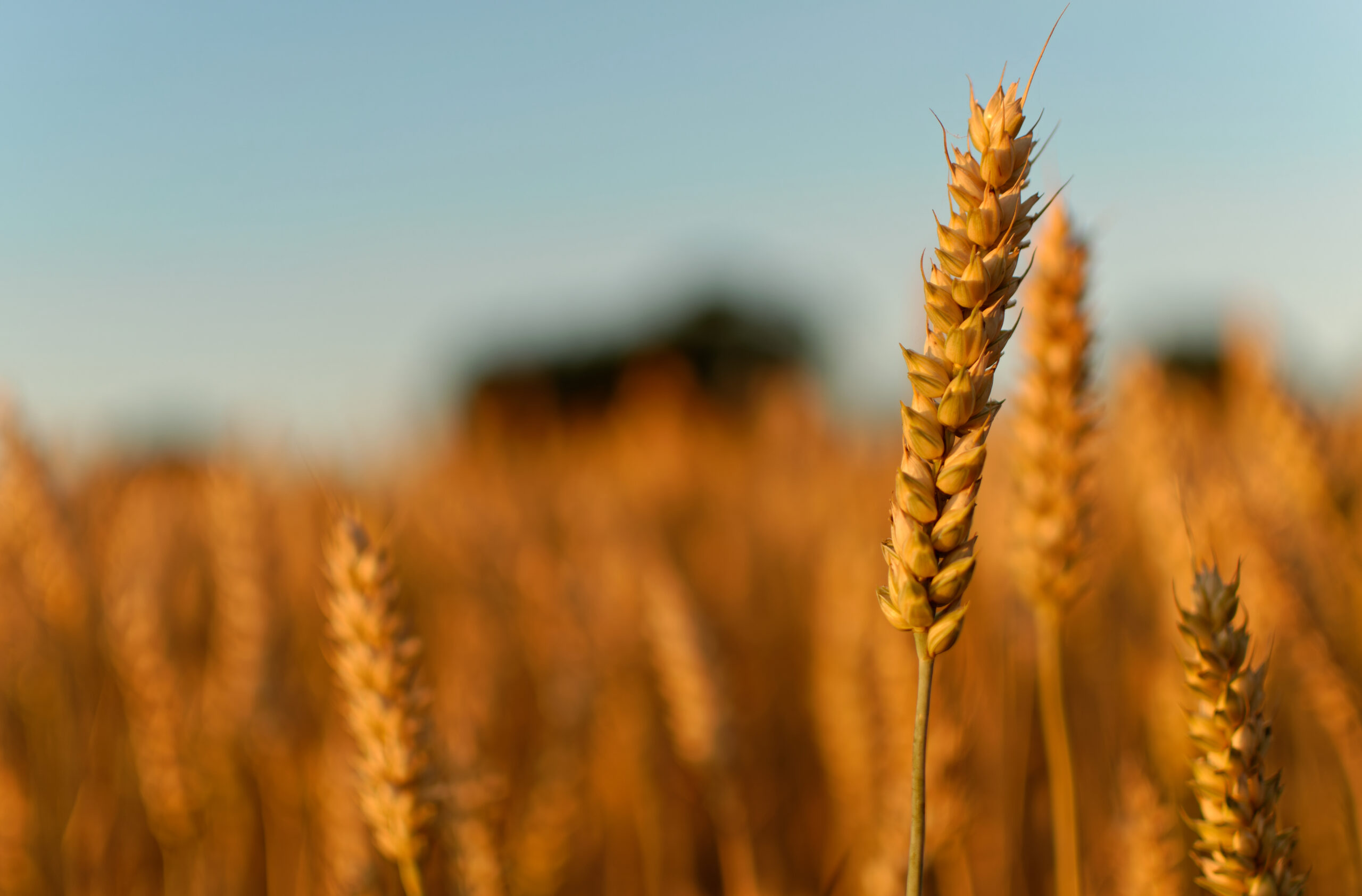- Pioneering the low carbon production of bread and other staple foods
- Flour produced using wheat grown with ISCC PLUS certified mineral fertilizer
- Wheat will be harvested from fields in Germany in the summer of 2023
A pioneering low carbon wheat flour to be used in the production of bread and other staple foods is being jointly developed by German agricultural trading company AGRAVIS Raiffeisen AG, Dutch fertilizer manufacturer OCI Global, and Dossche Mills, a leading manufacturer and supplier of raw materials for bakeries. The collaboration aims to help reduce the environmental impact of bread on store shelves.
The wheat is already growing in fields in Germany and will be harvested in summer 2023. This means that the lower carbon flour can be distributed to food manufacturers at the end of 2023 and early 2024.
The flour is made from wheat grown with OCI’s lower carbon Nutramon fertilizer. Compared to conventional fertilizers, this has a lower greenhouse gas balance up to a 50% reduction (cradle-to-gate).
The lower carbon fertilizer is certified by ISCC PLUS, which guarantees the responsible sourcing of sustainable raw materials based on a mass balance approach. The fertilizer in this case, supplied by OCI, is linked to biomethane derived from agricultural waste and residue streams as an alternative for natural gas.
AGRAVIS, OCI and Dossche Mills enjoy a long-term partnership: AGRAVIS and OCI in production and distribution of fertilizers, AGRAVIS and Dossche Mills in collecting and processing grain.
The first step in the collaboration focuses on sustainable solutions to decarbonize the wheat production chain and is part of a global approach to provide a larger range of sustainability solutions such as Green House Gas (GHG) reduction, soil quality, biodiversity, healthy food and wellness, and transparent and ethical business practices.
The GHG emissions reduction of the project – which will trace the footprint from crop growth through to harvest – is REDCert certified on farms, facilitated by AGRAVIS. The reduction figures will be calculated following the completion of the pilot.
“Agriculture is considered to be one of the causes of greenhouse gas emissions, but it is also the only branch of the economy besides forestry that actively binds CO2. It is also a sector that is severely affected by climate change. Both make saving emissions all the more relevant for this industry. As part of the value chain, AGRAVIS sees its responsibility not only in reducing its own emissions. The trading company is also working on advancing the goals set in the upstream and downstream areas,” emphasizes Dr. Dirk Köckler, CEO at AGRAVIS.
Ahmed El-Hoshy, CEO at OCI Global said: “As a leading producer and distributor of low carbon ammonia, fertilizers and nitrogen solutions, we play an essential role in supporting global food security. We know that the we need to address the GHG emissions of fertilizers because mineral fertilizers are needed for the production of food for around 4 billion people – half the world’s population. That’s why, through projects like this one, we want to work in partnership with others to ensure that essential, staple foods remain affordable and sustainable to grow, for the long term.
Through this pilot we aim to register the reduced carbon impact of grain and pass the environmental benefits down the value chain to producers, distributors, retailers and ultimately the public.”
Kristof Dossche, CEO at Dossche Mills explains: “As a leading flour mill in Benelux, DOSSCHE MILLS processes significant quantities of grain. Sustainability is at the heart of our family business and we therefore have ambitious targets in terms of offering sustainable grown wheat.
The partnership with AGRAVIS and OCI is a first step in the transition to a sustainable wheat chain and is part of our long-term commitment/goal to accelerate the transition towards a sustainable climate-neutral food chain for the benefit of both farmers and consumers. By 2030, we want to go the extra mile to serve our customers in line with European regulations.”
Find out more about how OCI is playing an essential role in supporting global food security and powering a cleaner way forward for our customers here.
